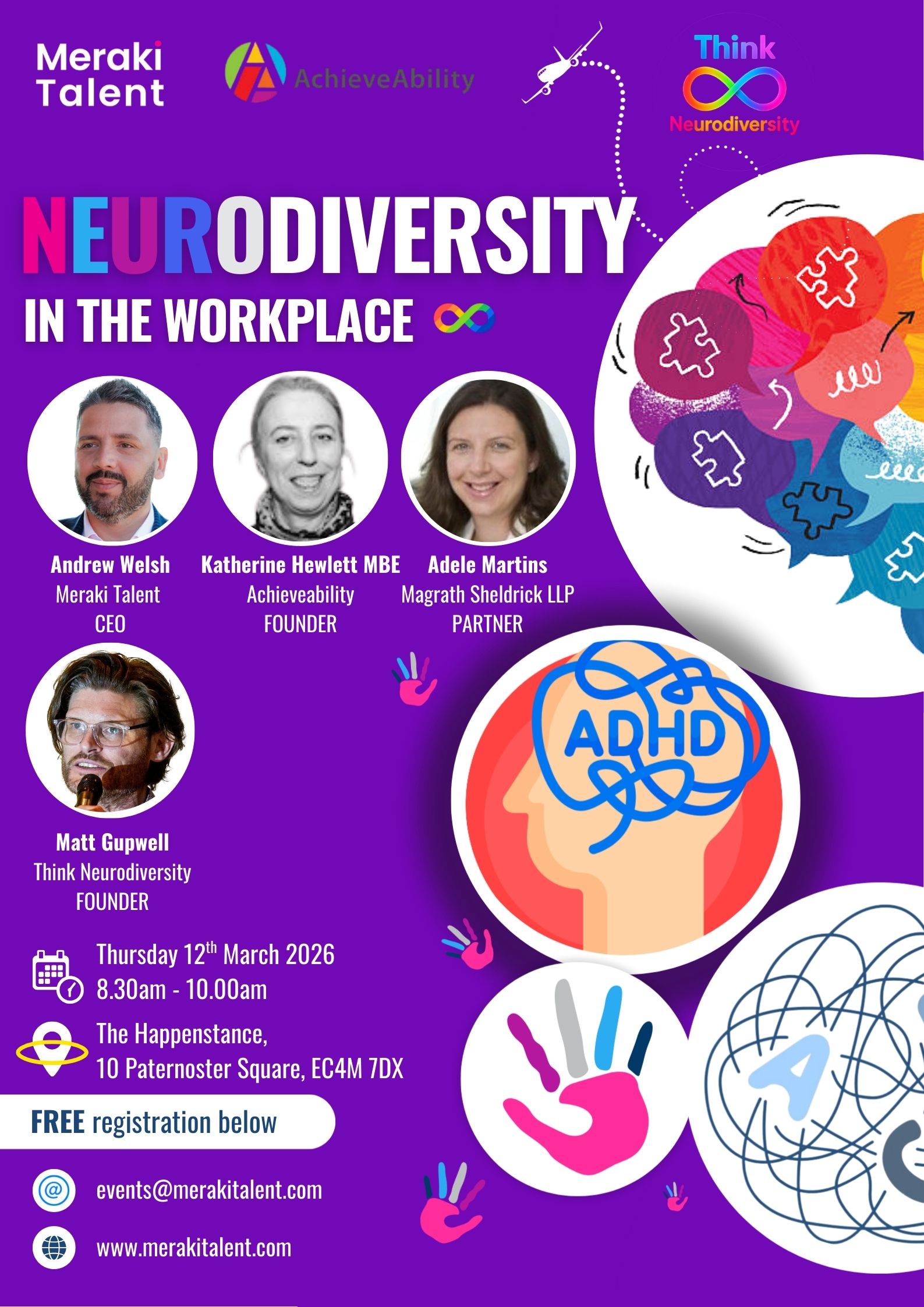
The five skills you need to land your next job in 2025
| 01/08/2025
The five skills you need to land your next job in 2025
Work is changing fast—and so are the skills. Global data shows a large share of core skills will shift by decade’s end, with AI and analytical thinking rising while routine tasks get automated.
To stand out—whether you’re changing jobs or aiming for promotion—focus on five skill pillars and build them with quick, practical steps.
1) Digital & AI literacy
From spreadsheets to smart systems: employers expect you to handle data, automate simple tasks and work alongside AI. Think: advanced Excel, Power BI/Tableau, basic Python for analysis, and safe, effective use of gen-AI tools (prompting, reviewing outputs, checking bias).
Quick wins: pick one data visualisation tool, create a mini portfolio (dashboards, before/after process automation), and document outcomes.
2) Critical thinking & problem-solving
AI can draft; you decide. The edge in 2025 is framing problems, challenging assumptions and making evidence-based decisions. Practice with real scenarios: define the problem, list constraints, model options, choose a path, measure results.
3) Project delivery (Agile basics that ship)
Every role ships projects—features, reports, campaigns. Knowing how to plan, prioritise, de-risk and iterate is gold. Learn a lightweight Agile toolkit: backlog, user stories, definition of done, Kanban board, sprint review/retro.
4) Self-management that scales
Hiring managers want people who organise themselves and keep moving: time-boxing, prioritisation (Eisenhower), async updates, calm under pressure. Show you can learn fast and adapt when plans change—log new tools you’ve learned and the impact.
5) People leadership & influence (at any level)
You don’t need a team to lead. Influence stakeholders, run effective meetings, coach peers, give/receive feedback, and communicate clearly with non-specialists. Tie your impact to outcomes—revenue, savings, risk reduction, customer NPS.
How to start upskilling this month
-
Pick one skill from each pillar and set a four-week goal (e.g., build a Power BI dashboard from raw data and present insights).
-
Ship something visible—a GitHub repo, a Loom walkthrough, a before/after SOP.
-
Use trusted, affordable training and add completions to your CV/LinkedIn.
Bonus: make your CV “skills-first”
-
Translate tasks into measurable outcomes (e.g., “Automated monthly finance report: 6h → 30min; error rate −90%”).
-
Add a Skills block (tools + proficiency).
-
Include 2–3 project bullets that prove the five pillars above.
Related reading & next steps
Find out what jobs Meraki Talent has on offer.
